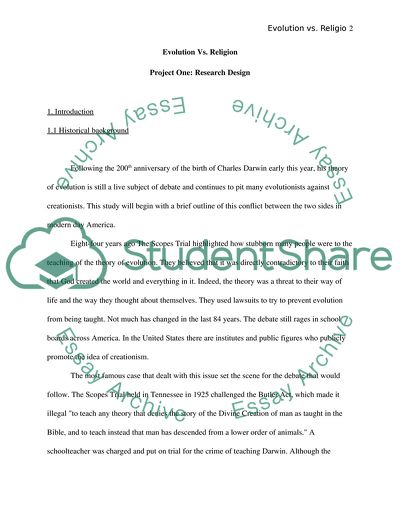Cite this document
(Sociology of Religion Research Paper Example | Topics and Well Written Essays - 4750 words, n.d.)
Sociology of Religion Research Paper Example | Topics and Well Written Essays - 4750 words. Retrieved from https://studentshare.org/religion-and-theology/1722817-evolution-vs-religion
Sociology of Religion Research Paper Example | Topics and Well Written Essays - 4750 words. Retrieved from https://studentshare.org/religion-and-theology/1722817-evolution-vs-religion
(Sociology of Religion Research Paper Example | Topics and Well Written Essays - 4750 Words)
Sociology of Religion Research Paper Example | Topics and Well Written Essays - 4750 Words. https://studentshare.org/religion-and-theology/1722817-evolution-vs-religion.
Sociology of Religion Research Paper Example | Topics and Well Written Essays - 4750 Words. https://studentshare.org/religion-and-theology/1722817-evolution-vs-religion.
“Sociology of Religion Research Paper Example | Topics and Well Written Essays - 4750 Words”, n.d. https://studentshare.org/religion-and-theology/1722817-evolution-vs-religion.


